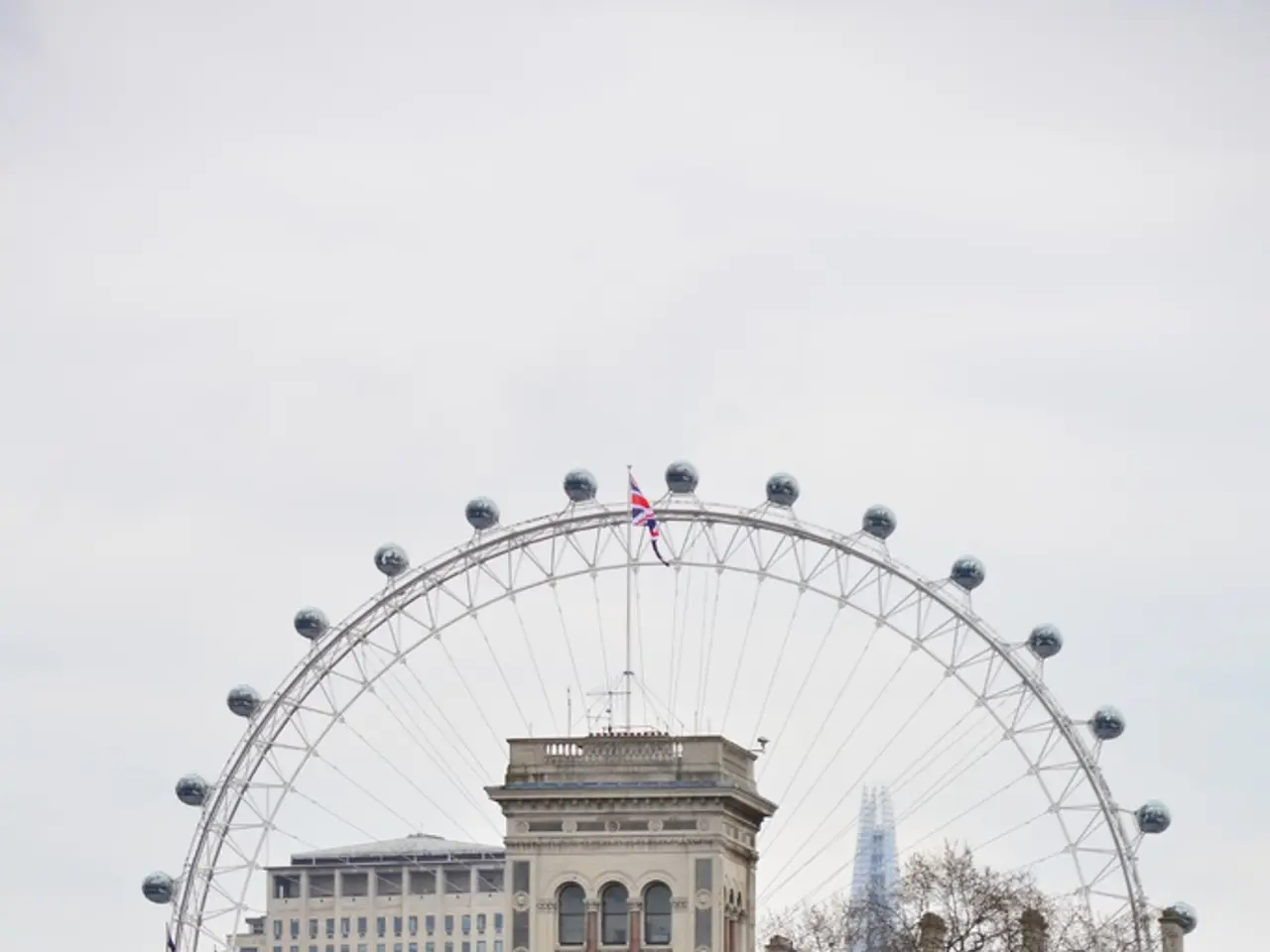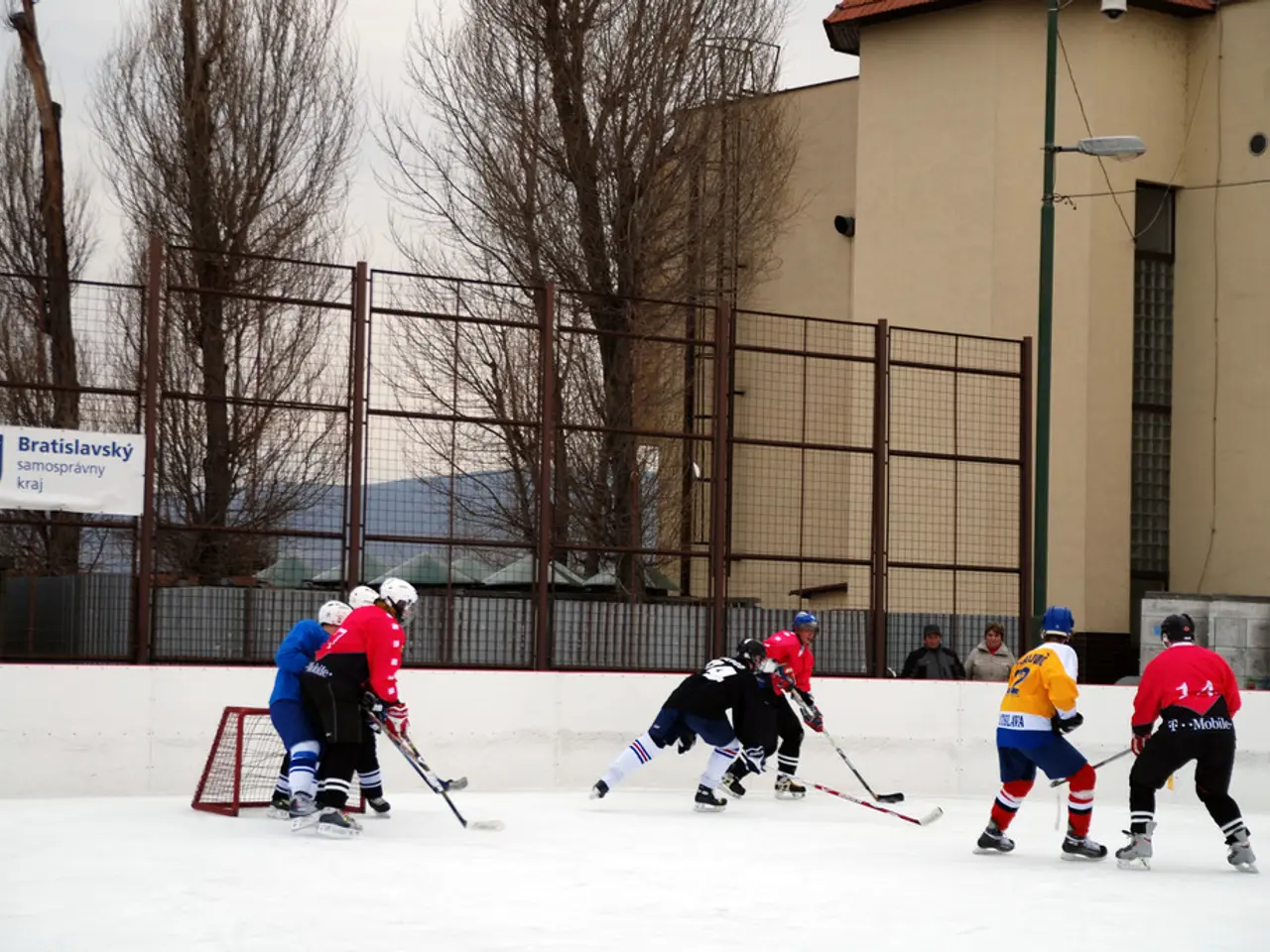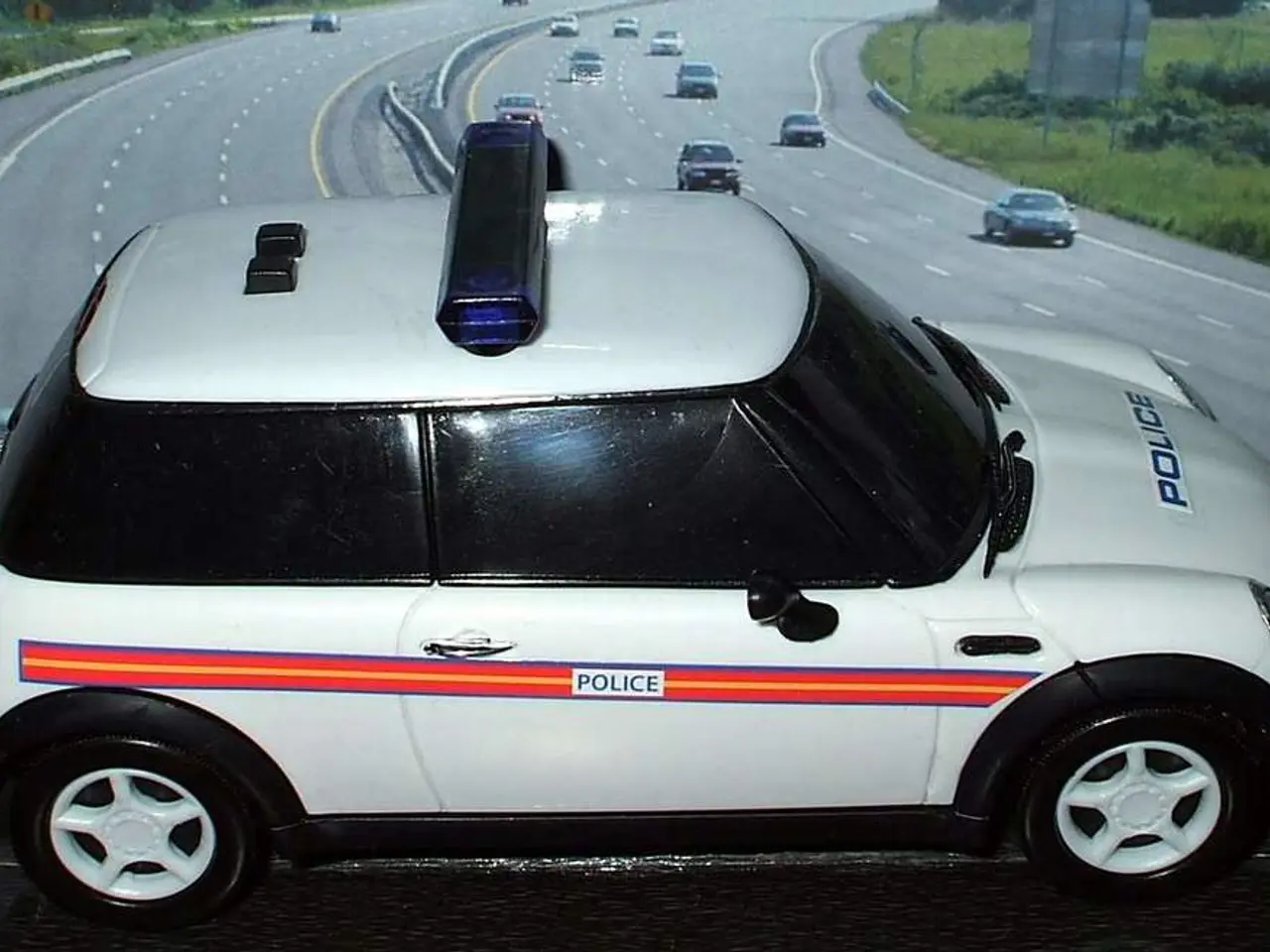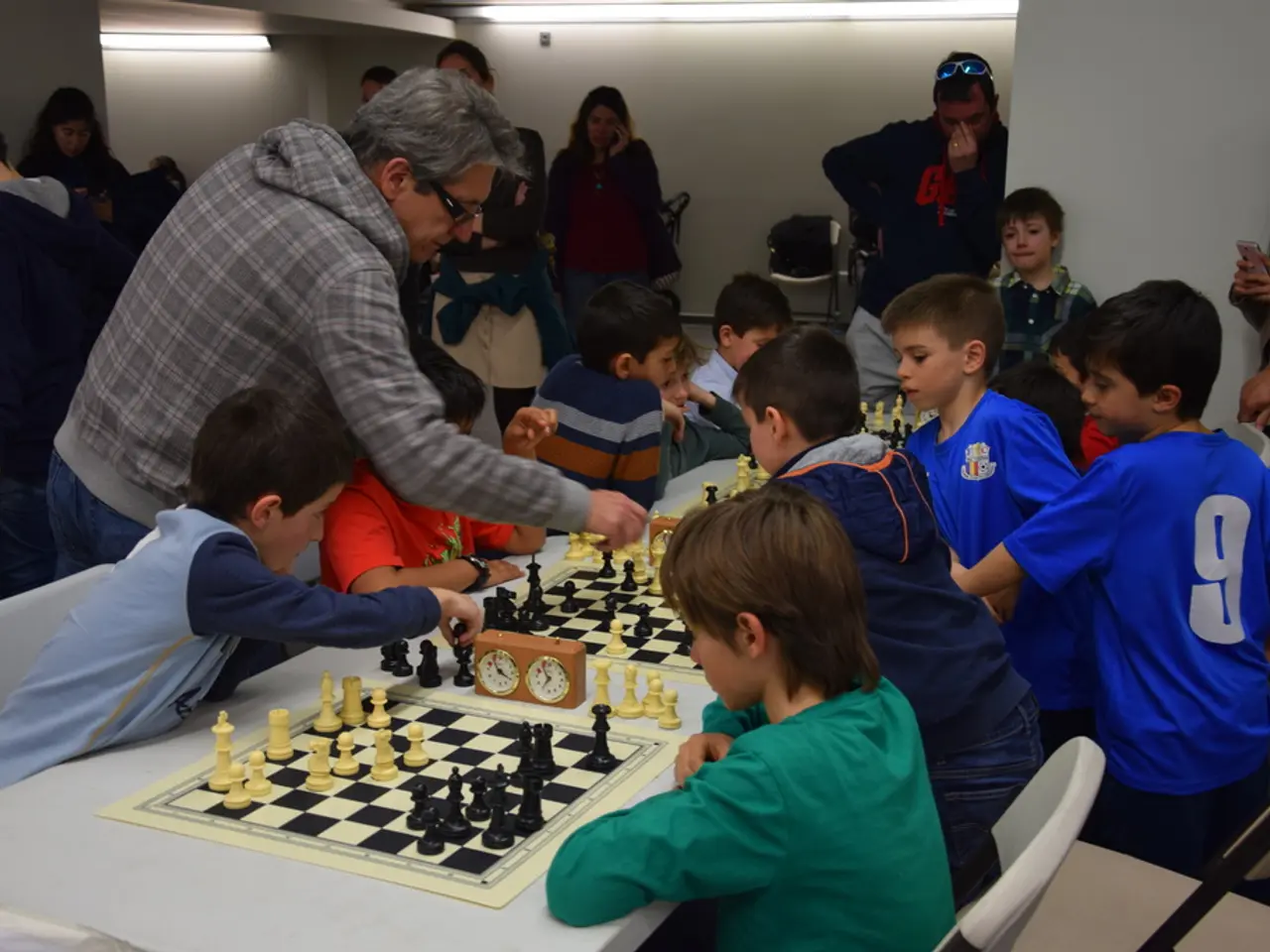London's 'solidarity' honored by King Charles on the 20th anniversary of the 7/7 terror attacks
Twenty years have passed since the devastating 7/7 London terror attacks, an event that shook the nation to its core. On this somber anniversary, we reflect on the extraordinary courage displayed by survivors, victims' families, and the brave responders who rose to the challenge in the face of unspeakable horror.
On July 7, 2005, four coordinated suicide bombings rocked London's transport network, claiming the lives of 52 individuals and injuring around 770 others within an hour. The bombers, who had gathered earlier at Luton railway station, detonated devices in locations including Aldgate, Edgware Road, King’s Cross/Russell Square, and on a bus at Tavistock Square [1][2].
Among the many stories of heroism that emerged from that day, Adrian Heili, a passenger on the Circle Line train near Edgware Road, stands out. With his background as a former armed forces medic, he sprang into action, providing immediate aid to those in need following the explosion [1].
The resilience displayed by survivors and responders in the wake of the attacks was nothing short of remarkable. People united in a spirit of teamwork and humanity, working tirelessly to assist each other in the aftermath of the tragedy [1].
Twenty years later, the trauma and impact of the attacks remain deeply felt among victims’ families and those who lived through the events firsthand [1]. The anniversary serves as a poignant reminder of the ongoing threat of terrorism, with recent polling indicating that Islamic extremism is perceived by most Britons as the greatest terror threat [3].
Commemorations this year honour the bravery and resilience shown that day, paying tribute to those whose lives were lost or forever changed, as well as those who risked their own safety to save others [1][2].
One such hero was Supt. Anna Bearman, then just 23 and a PC. She experienced a "pinch in the stomach moment" when she realised the King's Cross incident was "something more sinister" [4]. In the absence of stretchers, she and her team carried a bombing victim for a mile back to Russell Square [4]. The day left its mark on her, as her clothes became blood-stained during the rescue efforts [4].
Another survivor, Dan Biddle, lost both legs and his left eye in the Tube blast near Edgware Road station [5]. He was in close proximity to bomber Mohammad Sidique Khan during the explosion [5]. Despite the unimaginable trauma he endured, Biddle recounts Khan's final moments, describing how he looked up at him, lowered his eyes, and exploded [5].
King Charles III used the 20th anniversary of the attacks to call for Brits to reaffirm their commitment to standing firm against those who seek to divide them [6]. In a poignant address, he referred to the attacks as "senseless acts of evil" and celebrated the "selfless bravery" of the rescue heroes [6].
As we remember the 7/7 London terror attacks, it is essential to acknowledge the extraordinary courage and resilience demonstrated by those who faced unimaginable adversity. Their stories serve as a testament to the indomitable spirit of the British people and a reminder of the importance of unity in the face of tragedy.
On July 7, 2005, amidst the chaos of general-news events, politics also played a significant role as the country grappled with the aftermath of the London terror attacks, a stark reminder of the ongoing crime-and-justice challenges that persist.
Twenty years later, as the nation commemorates the anniversary of the 7/7 London attacks, discussions around the continued potential for terrorism and the necessity of bolstering security measures are once again brought to the forefront of the general-news and political landscape.








